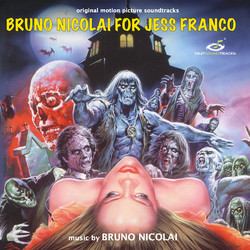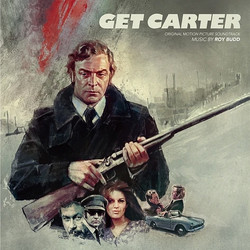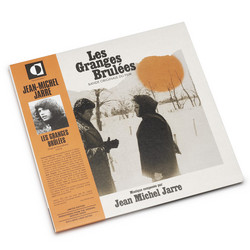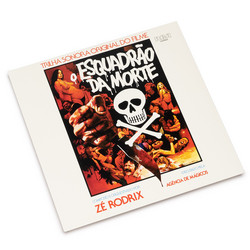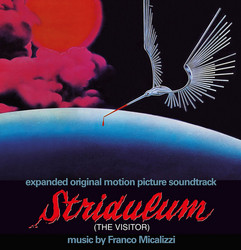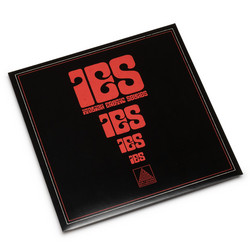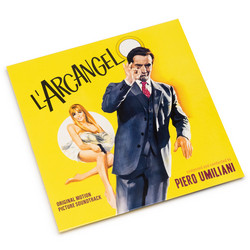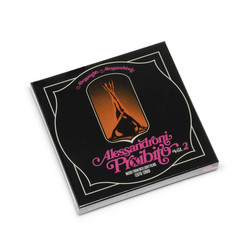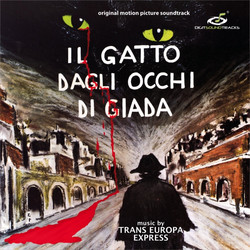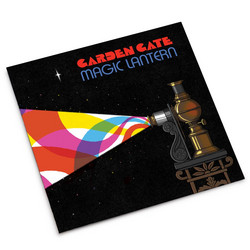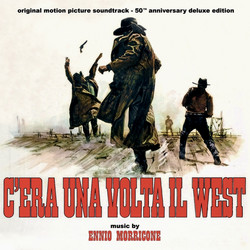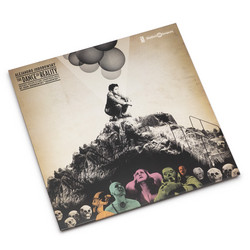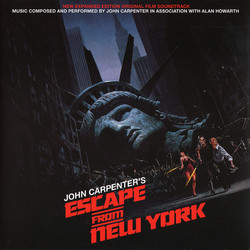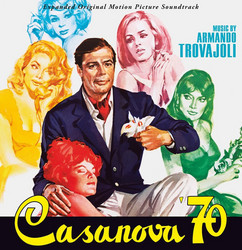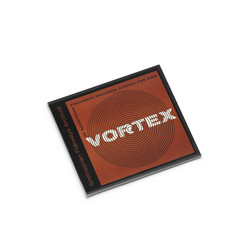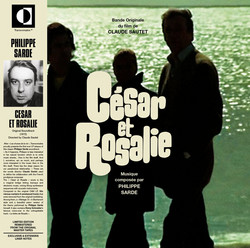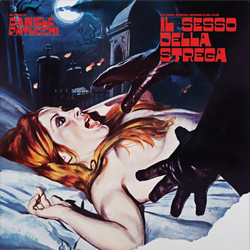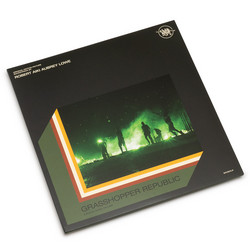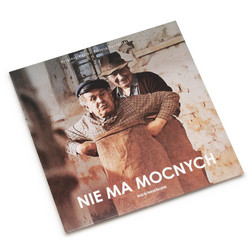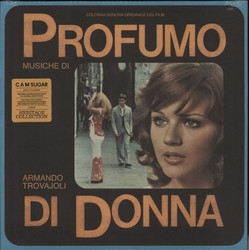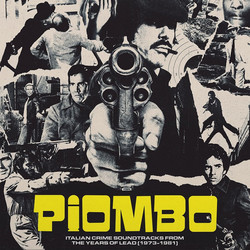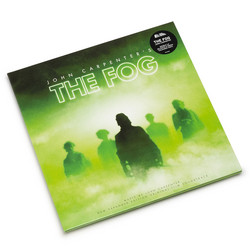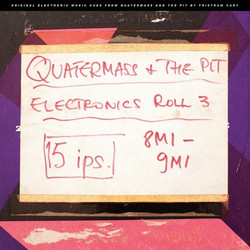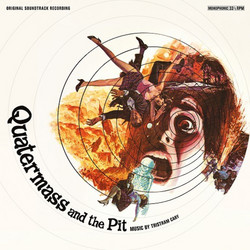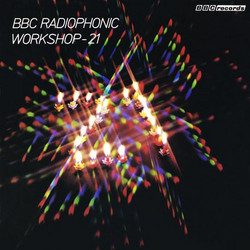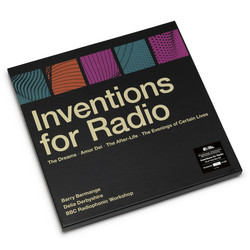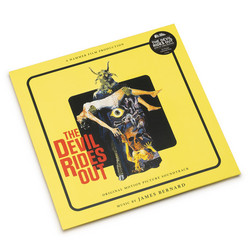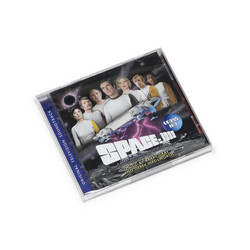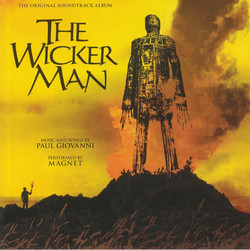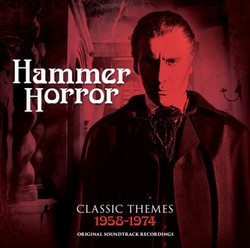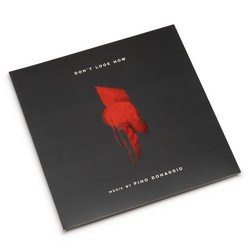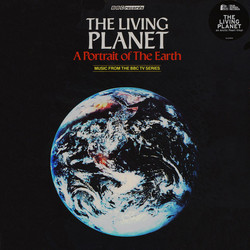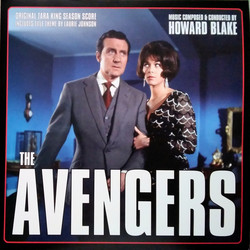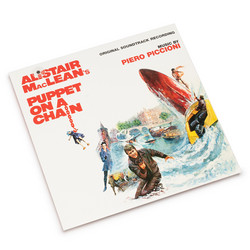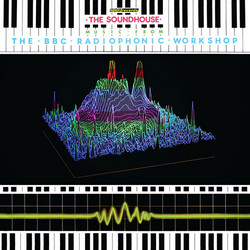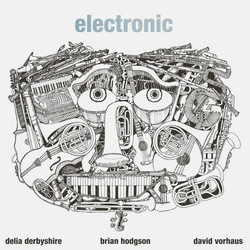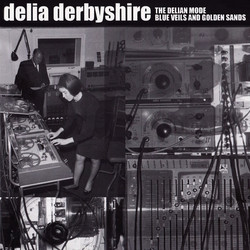Anton Karas, Gertrud Huber
The Third Man (LP, Transparent Red)
*2024 stock* "Carol Reed’s classic post-war mystery, The Third Man, hardly lacks for admirers. If in 1949 it was merely a well-received thriller, “a bang-up melodrama” as one New York Times reviewer put it, at some indeterminate moment it became a masterpiece – a cherished grandfather-clock in the Academy attic. In 1999, a BFI poll declared it the No. 1 greatest British film of all time. In 2018, Time Out rightly criticised this list’s lack of diversity and ran its own poll on the subject. They put The Third Man at No. 2 (after Nicholas Roeg’s Don’t Look Now). With this year’s 70-year anniversary re-release, the fanfare goes on.
Unlike other heavy-hitters in the Hall of Fame circuit – your Citizen Kane’s and your Vertigo’s – The Third Man is remarkable as an ensemble effort. Yes there’s Reed’s direction, but where would he be without Graham Greene’s screenplay? And what about Orson Welles’ “cuckoo-clock” bit? And don’t forget Alida Valli – has anyone ever been as stoically world-weary as Anna Schmidt? The whole thing’s prime real estate for theorists of authorship to duke it out and divide the territory between them.
I don’t go in for such things. But if I did, I suppose this article would plant me in the Anton Karas zone. Karas: the then-unknown Austrian musician whose Third Man zither theme has since become one of the best-loved film scores of all time. Its jaunty opening notes accompany the title credits, which appear over a static shot of the zither’s reverberating strings. The strange instrument continues on as the film’s only source of non-diegetic music, guiding the audience with its Alpine peculiarity through all the favoured moods of a noir thriller: from suspenseful threat to out-and-out peril through to brief reprieves of tenderness, and then surely enough, back again to the tune that would make Karas famous: Harry Lime’s Theme." - The Quietus
